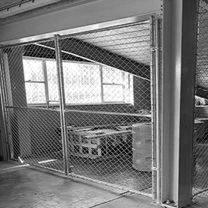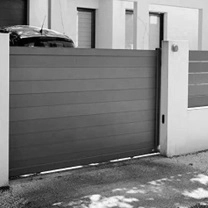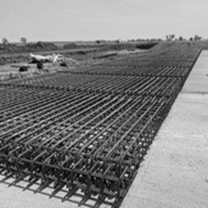
Storage Cage are an ideal choice for a variety of commercial and industrial requirements in custom sizes

Manufacture manual gate and automatic gate is One of our specialties that be a complex and involved process

manage projects with custom sizes and supply all styles of reo pre-fabrication is RWAP’s specialty in Sydney and nearby cities
Metal fabrication is a broad industrial process that involves the cutting, bending, and assembling of metal to create structures or products. The process includes various techniques and machinery to transform raw metal into a wide array of items, from small components to large-scale structures. RWAP executes all these operations with absolute precision and expertise in Sydney and nearby cities.
Cutting: Cutting is a primary step in metal fabrication, where raw sheet metal fabrication or materials are cut into desired shapes or sizes. Techniques include:
Laser Cutting: Highly precise and efficient, suitable for detailed designs.
Plasma Cutting: Faster for thicker materials but less precise.
Water Jet Cutting: Uses high-pressure water, ideal for materials that can’t be exposed to high temperatures.
Sawing and Shearing: Traditional cutting methods for simpler shapes.
Bending: This involves deforming metal without removing any material.
Bending can be done with:
Press Brakes: Used for making precise bends in sheet metal fabrication.
Roll Bending: For creating cylindrical or curved shapes.
Assembling: Various joining methods are used to assemble metal parts, such as:
Welding: The most common method, using heat to fuse parts.
Riveting and Fastening: For structures where welding is not suitable.
Adhesive Bonding: Used in scenarios requiring a lightweight finish.
Steel: One of the most commonly used materials for steel sheet fabrication due to its strength, affordability, and versatility.
Aluminum: Known for its lightweight and corrosion resistance, it is widely used in aerospace, automotive, and construction industries such as Aluminium Fencing.
Copper and Brass: Used for their electrical conductivity and corrosion resistance, especially in specialized applications.
Titanium: High strength-to-weight ratio makes it ideal for high-performance and precision applications.
Stainless Steel: Popular for its resistance to corrosion and durability, particularly in medical, food, chemical industries, and stainless steel handrail.